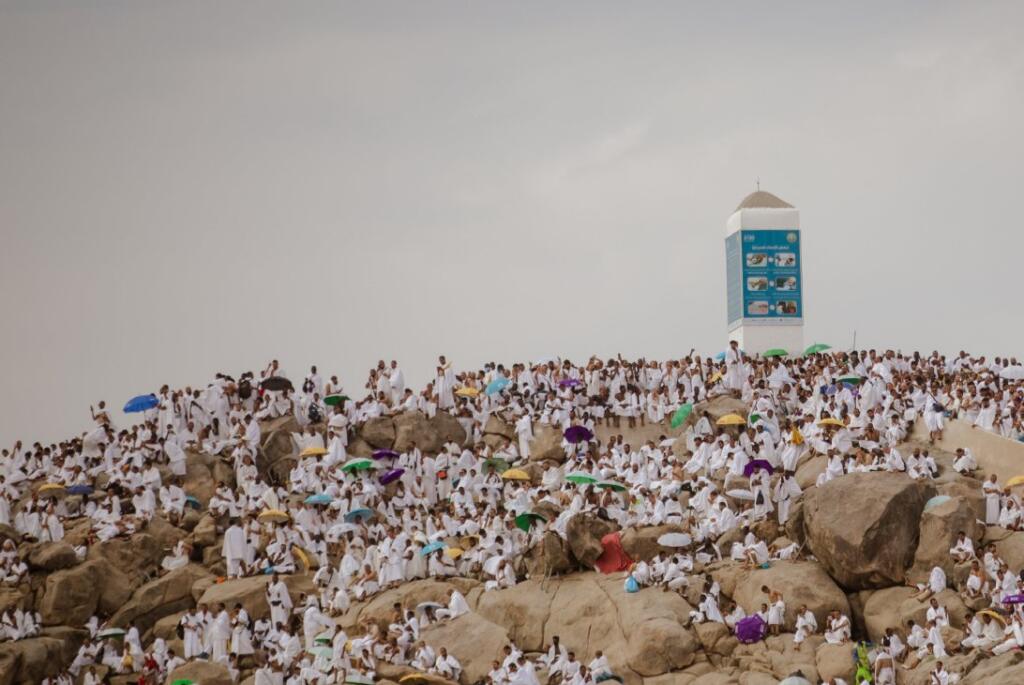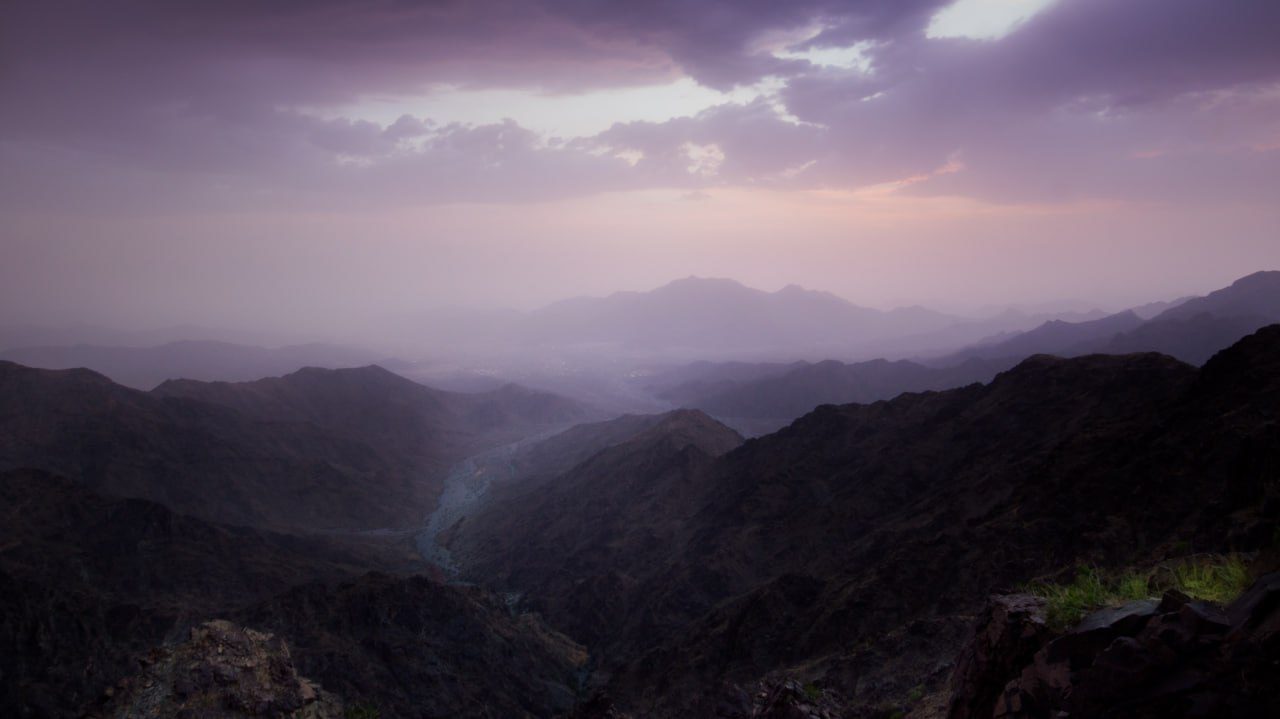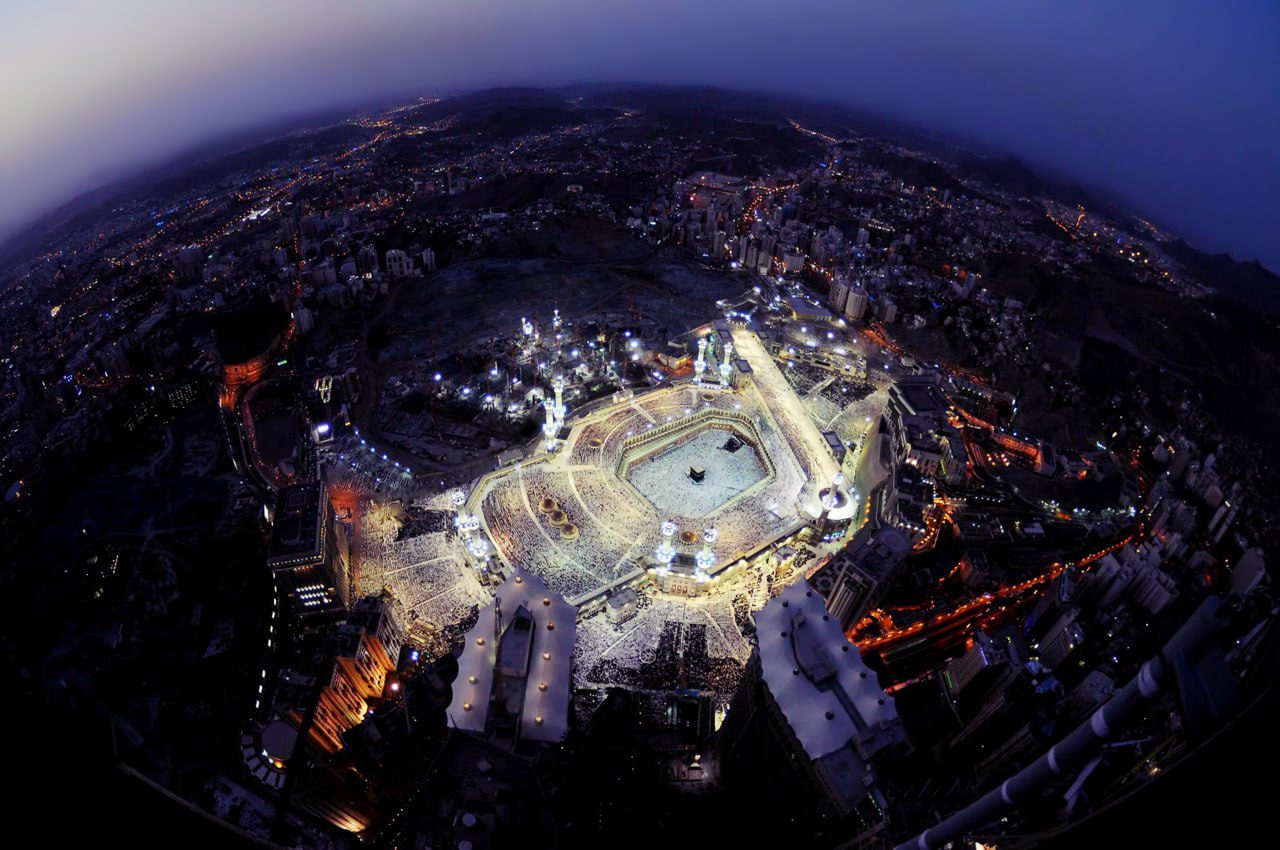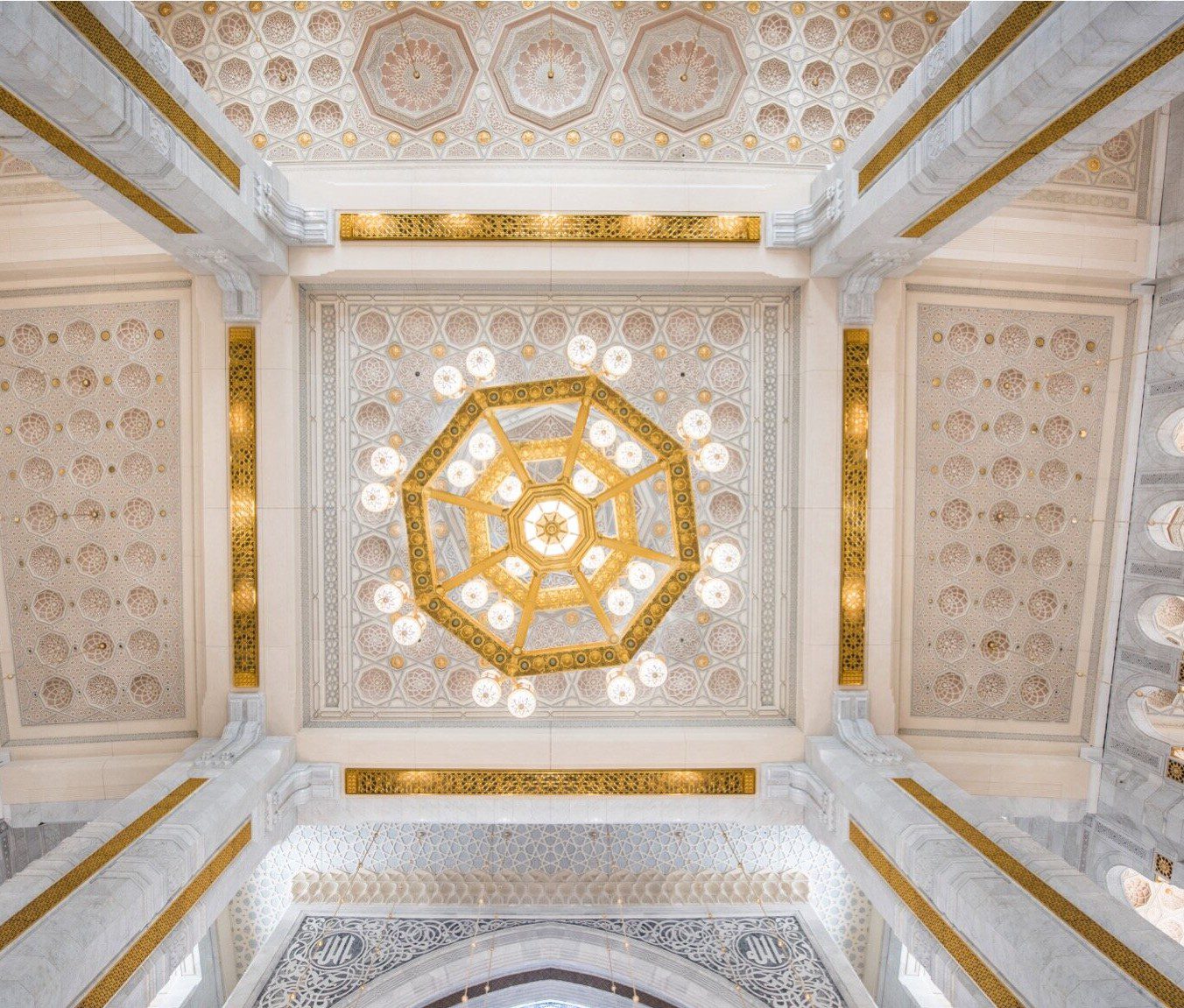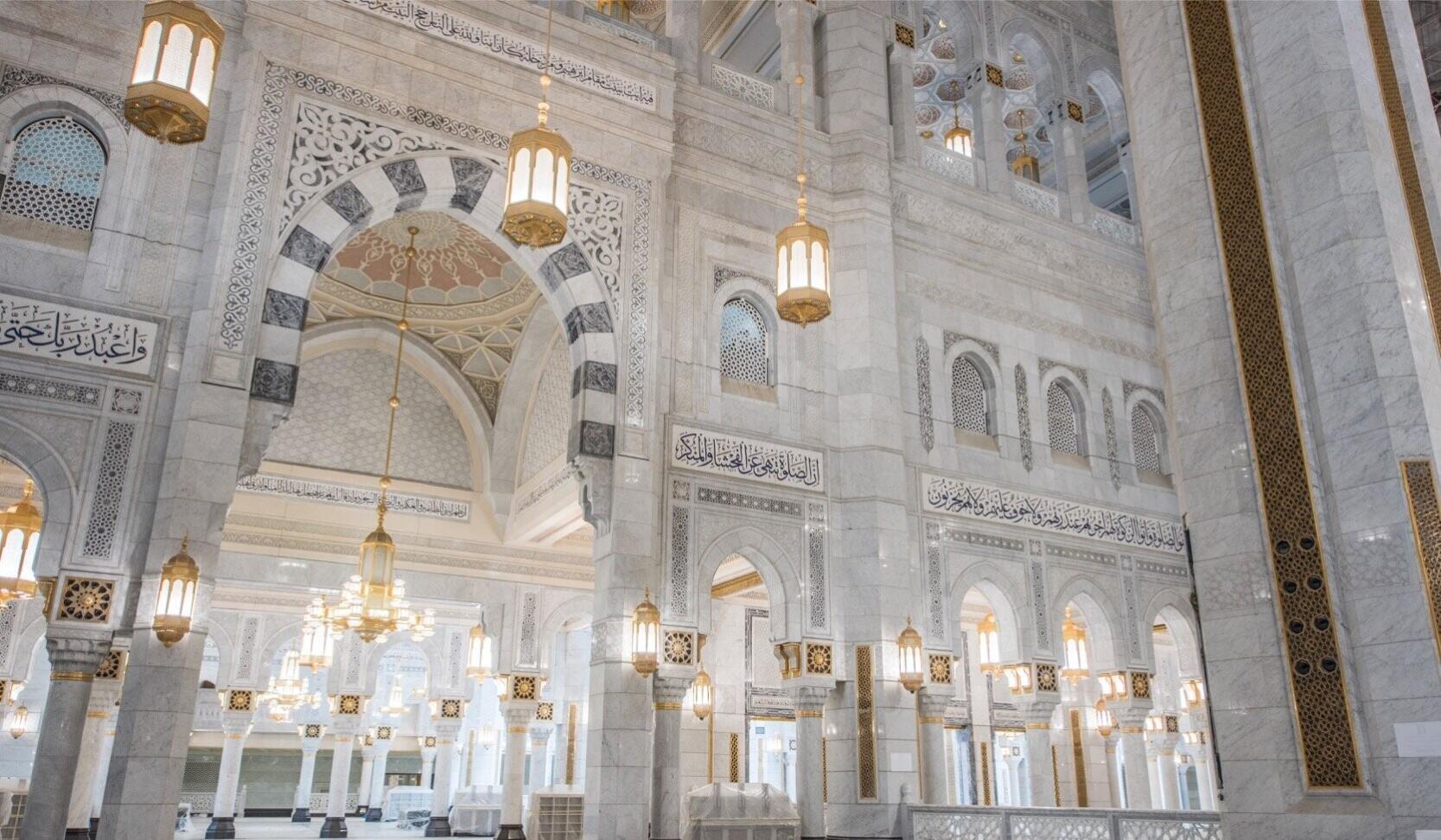The Place ʿArafah
The time: The 10th year after Hijrah
The event: The Farewell Pilgrimage
Let’s rewind the clock twenty-three years back. A lone man in a dark cave in the valley of Makkah descends, carrying light for the world!
From that moment, this unlettered man would teach the educated, the philosophers, and the thinkers how to be truly human.
From that moment, this orphan would teach the world’s men how to be righteous fathers. From that moment, the one who lost his mother as a child would teach the women of the world how to be virtuous mothers.
From that moment, the one not renowned for battle would guide the world’s generals on war strategies and ethics.
From that moment, this poor person who was a shepherd of the wealthy people of Quraysh, would teach the wealthy of the world the laws of zakah, encourage charity, distribute spoils of war, and give in abundance!
But the road to the Farewell Pilgrimage was not paved with ease. It was twenty-three years of hardship.
From the very beginning, Waraqah b. Nawfal told him, “Your people will expel you.” And Waraqah was right.
The inhabitants of his beloved town oppressed him. His own people — the same people who he came to save from the Hell-fire — conspired to kill him. He left under the cover of darkness to Madinah, with only his companion beside him, and Allah as their third.
He built a state like the wise do, fought like the brave, negotiated like the seasoned, formed alliances like the skilled. And he returned to Makkah, entering through its four gates in broad daylight.
Now, here he stands on Mount ʿArafah, with approximately 140,000 companions awaiting his word: When he speaks, they listen. When he commands, they act. When he forbids, they abstain.
Then comes that noble voice:
“Listen to me carefully, for I do not know if I will meet you again after this year in this place.”
He knows his time is near. The victory and conquest from Allah had arrived.
And he intends this sermon to be a comprehensive one: it certainly is.
“O people, your blood and your honour are sacred to you, just as this day, this month, and this land are sacred. Have I conveyed the message? O Allah, bear witness!”
Did he know we would one day shed each other’s blood, violate each other’s honour, and steal each other’s wealth?
Did he know Gaza would be slaughtered within arm’s reach, while our well-armed armies would merely watch, or worse, take part?
Did he know that Sudan would be slaughtered with our wealth and due to our greed; and that we would pay to kill our own brothers?
Did he know that channels like Al-Arabiya would lash us with sharp tongues, stabbing our brothers in the back, leaving us unsure whether Al-Arabiya (Banu al-Naḍīr) or Channel 12 (Banū Qaynuqāʿ) caused us more harm?
Did he know that scholars of this era would issue fatwas by remote control: permitting here, forbidding there; devouring reputations here, and turning a blind eye there?
But he called; and we didn’t listen.
He delivered; and we didn’t obey.
He advised; and we didn’t follow.
He reminded; and we didn’t remember.
Truly, some people will be barred from his intercession, and Allah will inform him ﷺ: ‘You do not know what they innovated after you.”
He ﷺ continues:
“All interest from the pre-Islamic era is abolished. You shall have your capital sum and you will neither oppress nor be oppressed. The first interest I abolish is that of my uncle, al-ʿAbbās b. ʿAbd al-Muṭṭalib. All blood vengeance from the pre-Islamic era is abolished, and the first I abolish is the blood of ʿĀmir b. Rabīʿah b. al-Ḥārith b. ʿAbd al-Muṭṭalib.”
How noble! The first interest to be voided was his uncle’s. The first blood revenge to be nullified was his cousin’s.
He was the one who had previously remarked, “If Fāṭimah, daughter of Muḥammad, were to steal, I would cut off her hand.” And far be it from Fāṭimah to do such a thing!
But he wanted to record in history that Islam was the first to declare: No one is above the law.
Usury is forbidden, even if it’s Banu Hashim’s.
Blood vengeance is forbidden, even if it’s Banu Hashim’s.
The thief’s hand will be cut off, even if she’s the Prophet’s daughter.
He wanted to teach us that this religion does not tolerate favouritism.
Truth is truth, even if spoken by the weakest among us.
Falsehood is false, even if spoken by the relative of the leader.
He ﷺ continues:
“O people, your women have rights over you, and you have rights over them. So treat women well, for they are like captives with you, unable to manage for themselves. You took them only as a trust from Allah, and made them lawful to yourselves by the word of Allah. So fear Allah in regard to women.”
Thus, he made women a responsibility, not a possession.
If she was taken by the word of Allah and His trust, let her be a mother, not just a womb. A lifelong companion, not a servant. A beloved, not a mere object of desire.
Then he ﷺ says:
“O people, your Lord is One, and your father is one. You are all from Adam, and Adam was from dust.”
This is the greatness of Islam: no lineage and no ancestry can raise one above another.
Abu Lahab the Hashemite is in Hell, and Bilāl the Abyssinian is in Paradise.
Abu Jahl the Qurashī is in Hell, and Salmān the Persian is in Paradise.
Umayyah b. Khalaf the Arab is in Hell, and Ṣuhayb the Roman is in Paradise.
If lineage could help a person, Abu Lahab would have been saved.
If power could save, Nimrod would have been saved.
If wealth could protect, Qārūn would have been spared.
But “the most noble of you in the sight of Allah is the most righteous among you.”
– Quss b. Sāʿidah

